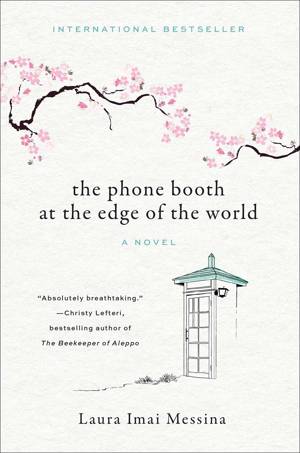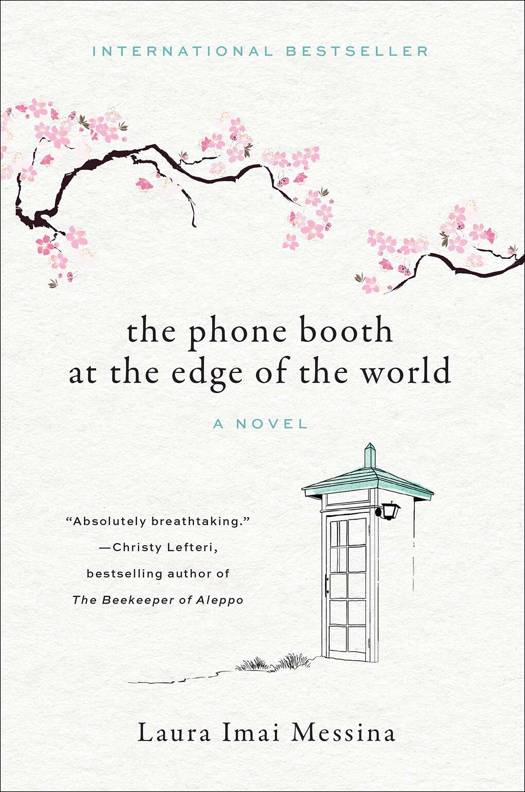
- Afhalen na 1 uur in een winkel met voorraad
- Gratis thuislevering in België vanaf € 30
- Ruim aanbod met 7 miljoen producten
- Afhalen na 1 uur in een winkel met voorraad
- Gratis thuislevering in België vanaf € 30
- Ruim aanbod met 7 miljoen producten
Zoeken
€ 34,95
+ 69 punten
Uitvoering
Omschrijving
Laura Imai Messina's international bestselling novel is a story about grief, mourning, and the joy of survival, inspired by a real phone booth in Japan with its disconnected "wind" phone, a place of pilgrimage and solace since the 2011 tsunami. When Yui loses both her mother and her daughter in the tsunami, she begins to mark the passage of time from that date onward: Everything is relative to March 11, 2011, the day the tsunami tore Japan apart, and when grief took hold of her life. Yui struggles to continue on, alone with her pain. Then one day she hears about a man who has an old disused telephone booth in his garden. There, those who have lost loved ones find the strength to speak to them and begin to come to terms with their grief. As news of the phone booth spreads, people travel to it from miles around. Soon Yui makes her own pilgrimage to the phone booth, too. But once there she cannot bring herself to speak into the receiver. Instead she finds Takeshi, a bereaved husband whose own daughter has stopped talking in the wake of her mother's death. Simultaneously heartbreaking and heartwarming, The Phone Booth at the Edge of the World is the signpost pointing to the healing that can come after.
Specificaties
Betrokkenen
- Auteur(s):
- Uitgeverij:
Inhoud
- Aantal bladzijden:
- 416
- Taal:
- Engels
Eigenschappen
- Productcode (EAN):
- 9781419754302
- Verschijningsdatum:
- 9/03/2021
- Uitvoering:
- Hardcover
- Formaat:
- Genaaid
- Afmetingen:
- 149 mm x 216 mm
- Gewicht:
- 566 g

Alleen bij Standaard Boekhandel
+ 69 punten op je klantenkaart van Standaard Boekhandel
Beoordelingen
We publiceren alleen reviews die voldoen aan de voorwaarden voor reviews. Bekijk onze voorwaarden voor reviews.











